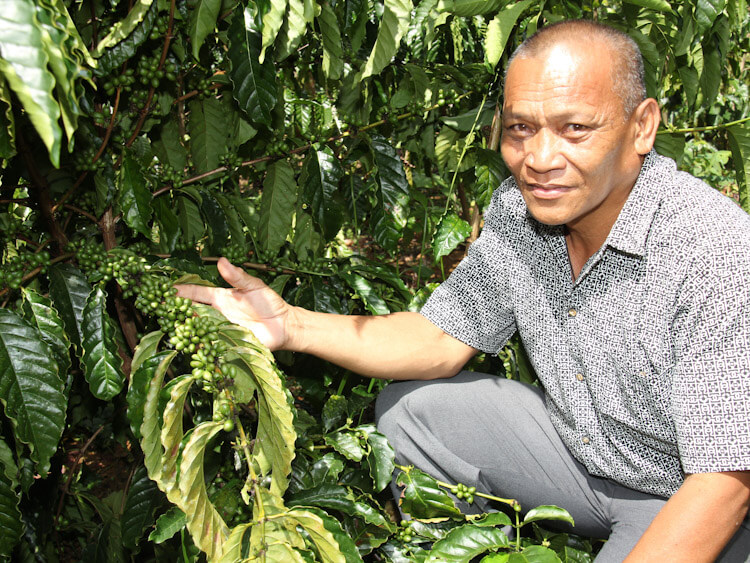While it seems that the ASEAN region is advancing due to the thriving economies of several member countries, the living conditions of a significant part of the population prove that some developing nations within the region, have yet to experience the benefits of economic growth and technological advancements of its neighboring countries. This project aimed to provide opportunities to disadvantaged ASEAN communities in Indonesia, Myanmar and Vietnam, allowing them to gain access to appropriate knowledge and affordable technologies which have helped other ASEAN countries achieve economic development and transformation.
ASSIST in partnership with Bayer Thai, implemented an Integrated Social Economic Model (SEM) that facilitated economic transformation through food security, mitigating post-harvest losses and improving the quality and preservation of agri / aqua-cultural products coming from the bottom of the pyramid communities. The farmers were also introduced to financial linkages that connected the farmers directly to markets.
The project implemented the WeCARE Sustainability Scorecard approach that had the three dimensions of – Society (enhancing livelihood, community cooperation and social harmony), Economy (reducing post-harvest losses and improving earning capability), and Environment (energy efficient technologies and eco-friendly materials).

Coffee production in the Philippines has been dwindling for the past 20 years albeit the increasing consumer demand. Driven by the rising consumption in emerging economies, as well as shifting preferences in established consumer markets, ASSIST together with Nestle and DEG, implemented CoFFEE – a project that aims to help smallholder coffee farmers boost production through the acquisition of new technologies on coffee farming.
Capitalizing on strategic geographies characterized by fertile plains, rolling terrain and hilly mountains, the project supplements the effort through promoting proper crop nutrition and integrated crop management (ICM) along with new fertilizer types in order to ensure quality produce. Strengthening farmers’ overall farm management capacity was also key to maximizing adopted technology. Trainings on farm budget and management, utilization of portable drying facilities, as well as transport of green coffee beans to buying stations were key knowledge sharing activities.
As a result, intensive training on key topics such as Nursery Establishment, Care & Maintenance and Plantation Establishment were given to the farmers. Part of the Training of Trainers (ToT) program also included hands-on training on coffee growing methods & technologies in Nestle´ Coffee Plantlet Production and Training Center (NCPPTC). 30,000 seedlings were distributed to be planted in the 25 hectare demo farm which also houses existing coffee trees.


